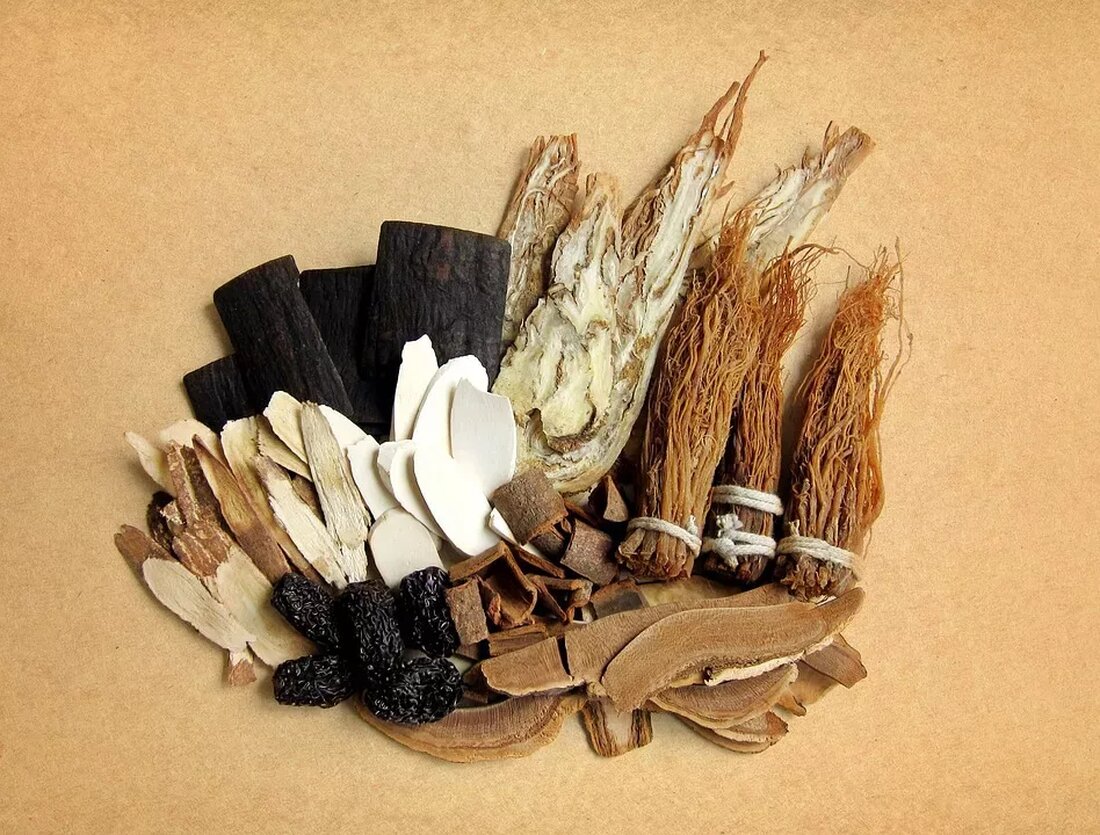Herbal Medicine for Goats and Sheep: An Introduction
Herbal Medicine for Goats and Sheep: An Introduction Introduction Herbs have a long history of use in veterinary medicine, including the treatment of goats and sheep. Herbal medicine can be a natural and effective way to treat various health problems in these animals and improve their overall health. In this article, we will look at using herbs in medicine for goats and sheep and discuss the benefits and some frequently asked questions. The Benefits of Herbal Medicine for Goats and Sheep The use of herbs in veterinary medicine offers various benefits, especially when it comes to goats and sheep...

Herbal Medicine for Goats and Sheep: An Introduction
Herbal Medicine for Goats and Sheep: An Introduction
introduction
Herbs have a long history of use in veterinary medicine, including the treatment of goats and sheep. Herbal medicine can be a natural and effective way to treat various health problems in these animals and improve their overall health. In this article, we will look at using herbs in medicine for goats and sheep and discuss the benefits and some frequently asked questions.
The Benefits of Herbal Medicine for Goats and Sheep
The use of herbs in veterinary medicine offers various benefits, especially when it comes to goats and sheep. Here are some of the key benefits:
1. Natural Treatment: Herbs are natural plant substances and can serve as an alternative treatment method to traditional medications. They contain natural compounds that can provide various health benefits.
2. Fewer Side Effects: Compared to some pharmaceutical medications, herbs tend to have fewer side effects. They are generally gentler on the animals' bodies and can offer better tolerability and safety.
3. Immune System Support: Many herbs have immune-boosting properties that can support the immune system of goats and sheep. They can help strengthen animals' defenses and make them more resistant to disease.
4. Disease Prevention: Regular use of certain herbs can help prevent certain diseases and health problems in goats and sheep. Herbs can have antioxidant, anti-inflammatory and antimicrobial properties that can keep animals healthy.
Frequently Asked Questions About Herbal Medicine for Goats and Sheep
The following answers some frequently asked questions about using herbs in medicine for goats and sheep:
Which herbs are suitable for goats and sheep?
There are a variety of herbs that are suitable for goats and sheep. Examples include garlic, thyme, oregano, sage, dandelion, chamomile and mint. It is important to note that not all herbs are suitable for every animal. Some herbs can be poisonous to certain animals. It is therefore advisable to consult a veterinarian before using herbs for goats and sheep.
How can the herbs be administered?
Herbs can be administered in different ways depending on the animals' needs and situation. They can be used as supplementary food in dried or powdered form. They can also be prepared as an herbal tea and added to animals' drinking water. Some herbs can also be used topically by making them into ointments or oils and applying them to the skin.
What health problems can be treated with herbs?
Herbs can be used for a variety of health problems in goats and sheep. These include digestive problems, respiratory diseases, parasite infestations, skin problems, stress relief and much more. The specific effects of the herbs vary depending on the species and can vary from animal to animal. It is important to choose the right herbs for the specific health problem and follow the dosage according to a veterinarian's recommendations.
Are there any side effects from using herbs?
Although herbs are generally gentler on animals' bodies, they can still cause side effects, especially if taken in incorrect dosages or for long periods of time. Some animals may be allergic to certain herbs. It is therefore important to coordinate the use of herbs with a veterinarian and to keep an eye on possible side effects.
How do I find high-quality herbal products?
When purchasing herbal products for goats and sheep, it is important to choose high quality products. Look for herbs that are organically grown and contain no additives. It is also advisable to purchase products from trusted manufacturers. A consultation with a veterinarian can help choose the right products.
Conclusion
Herbal medicine can be an effective and natural way to treat goats and sheep. Using herbs offers various benefits including natural treatment, fewer side effects, immune system support and disease prevention. However, it is important to choose the right herbs and use them in appropriate dosages. Before using herbs, you should always consult a veterinarian to consider possible risks and side effects.

 Suche
Suche
 Mein Konto
Mein Konto
